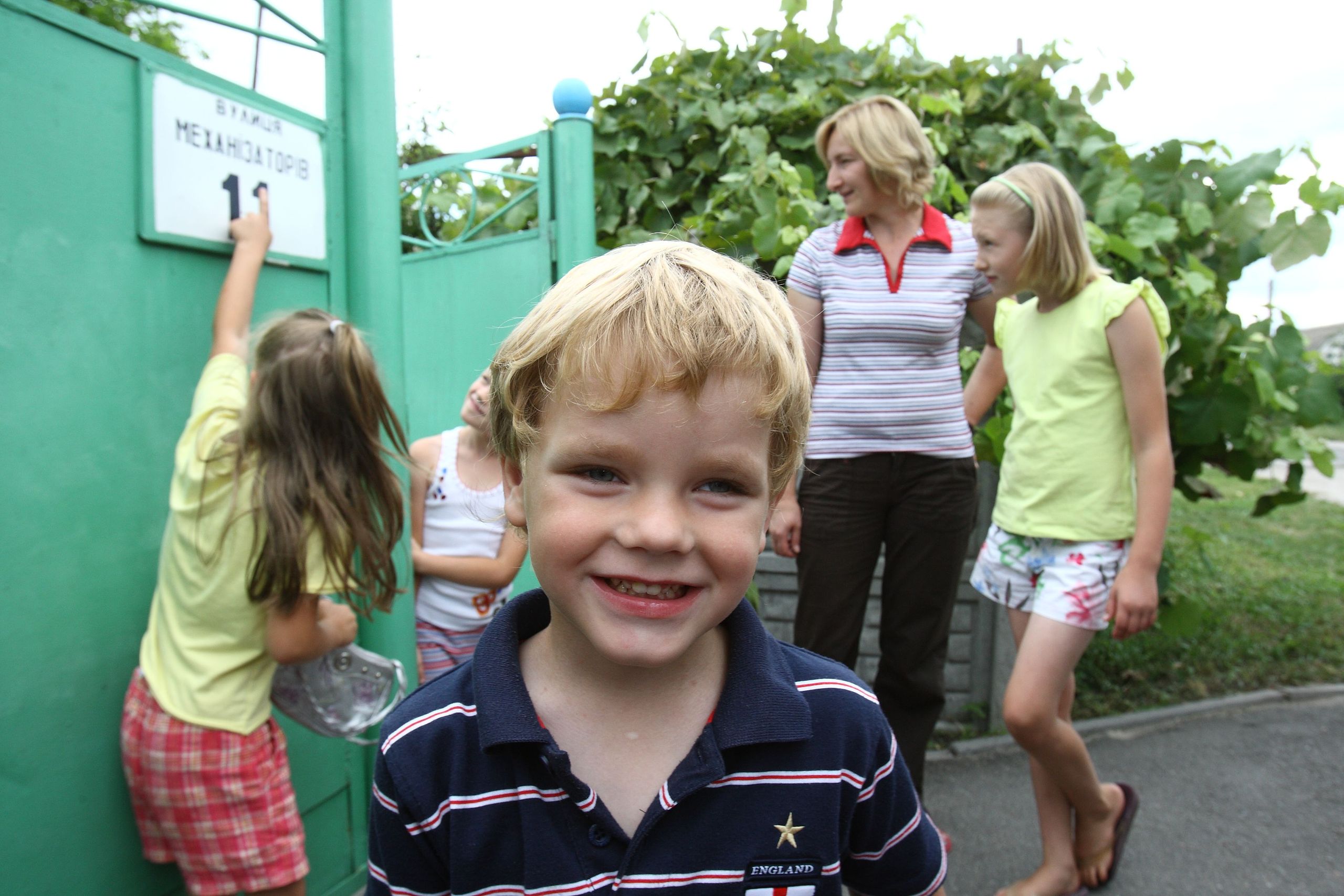Most people would agree that they would not have achieved the same successes in their lives if it weren’t for the support of their parents, guardians or other loved ones. It’s easy to take them for granted, especially if you have been surrounded by people who’ve cared about you your entire life. Yet for many children this isn’t the case — here in the United States, more than 400,000 children are in the foster care system, many of whom are victims of abuse or neglect. The outcomes for foster youth aren’t too promising either. According to a survey from the Adoption and Foster Care Analysis and Reporting System, 37 percent of 17-year-olds in foster care reported incarceration at some point in their lives and 28 percent reported having been referred for substance abuse or counseling. The survey also reported that 19 percent of 19-year-olds have been homeless at some point in the past two years — about 80 percent of whom were no longer in foster care.
So what changes can we make to this system to ensure that every child grows up in a safe and healthy environment? The answer to this question can be found by examining a successful Russian experiment with orphan care.
To deal with their large population of orphans and a history of poor care for these children, Russian citizens have created an orphan village called Kitezh, an idyllic community surrounded by nature and equipped with several houses, a school, a church and a communal dining hall. Kitezh is an oasis for children who have been exposed to violence and abuse from a young age. These children live in the community with their adoptive families who are trained teachers, psychologists and medical professionals. They are also exposed to a variety of therapies that help them cope with the traumatic events they experienced in their past. Additionally, the Russian government actively promotes the adoption of orphans by allotting a certain amount of money to the adoptive families.
The positive results of Kitezh speak for themselves. About 60 percent of the children who have lived in the village went off to receive a higher education and become a part of the workforce. There have been several instances of aggressive or antisocial children who entered Kitezh and then changed their behavior as a result of the care and compassion they received from their family and community members. One of the obstacles to developing new villages, however, is that building a community requires adults who have extensive training in childcare.
Although a lack of trained personnel could be an issue, when I read about Kitezh I saw great potential for the reformation of our foster care system here in the United States. If the government were to provide resources to build communities that meet the specific needs of children who come from an abusive past, then perhaps the chances of healing them would increase. The fact that these children would be surrounded by others who have faced similar troubles could also help them create bonds and become more socially adept. I wholeheartedly believe that if our society focused more on nurturing all children from a young age, then it would be significantly easier for them to have healthy and fulfilling lives as adults; in turn, our society as a whole would grow to be more productive. Not only would building communities like Kitezh be beneficial for the children in the foster care system, they would also benefit the greater population by creating more jobs. There would be a greater demand for child care experts, psychologists, therapists and other professionals to tailor the environment for the foster youth. Creating these types of communities is a win-win situation and an idea that we as a society should take into serious consideration. It’s up to us to lay a strong foundation for today’s children so the future can be bright for everyone.
Asha Kodan is a freshman biology major. She can be reached at ashakodan@ymail.com.



